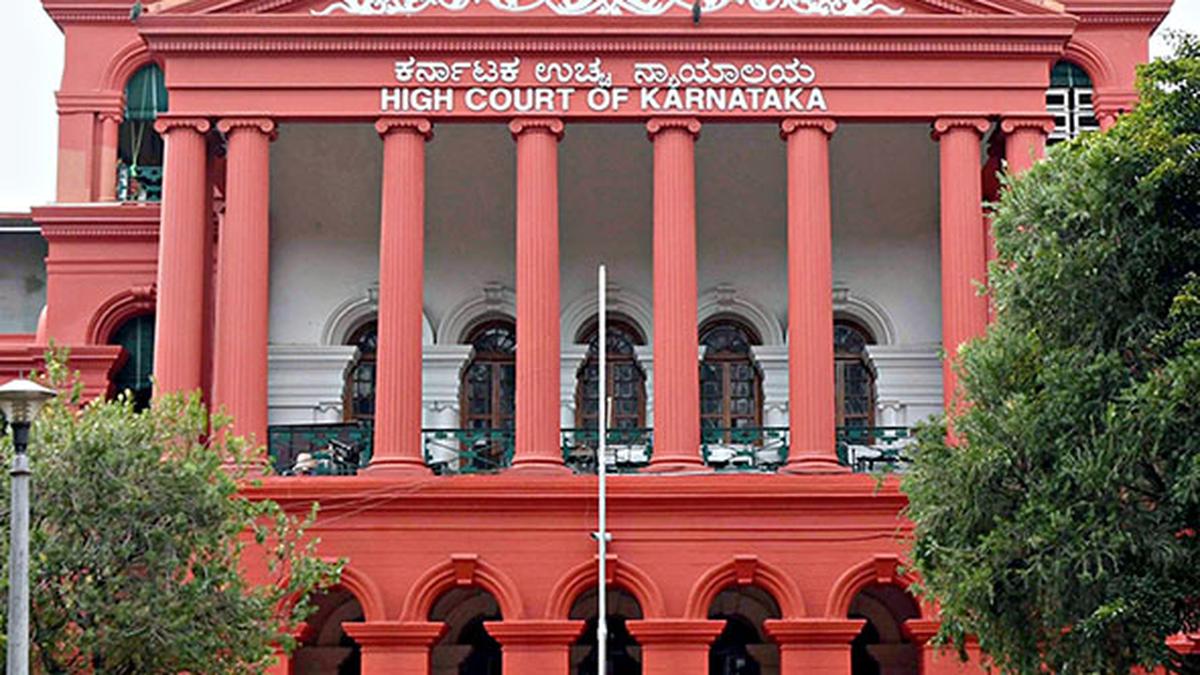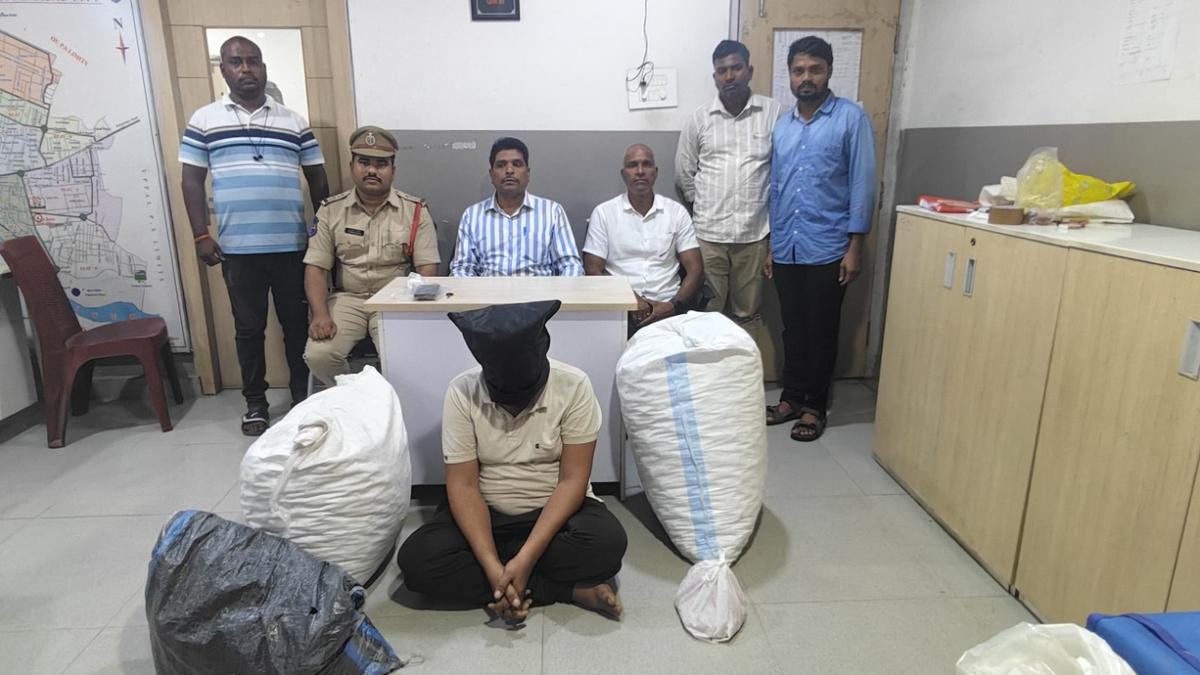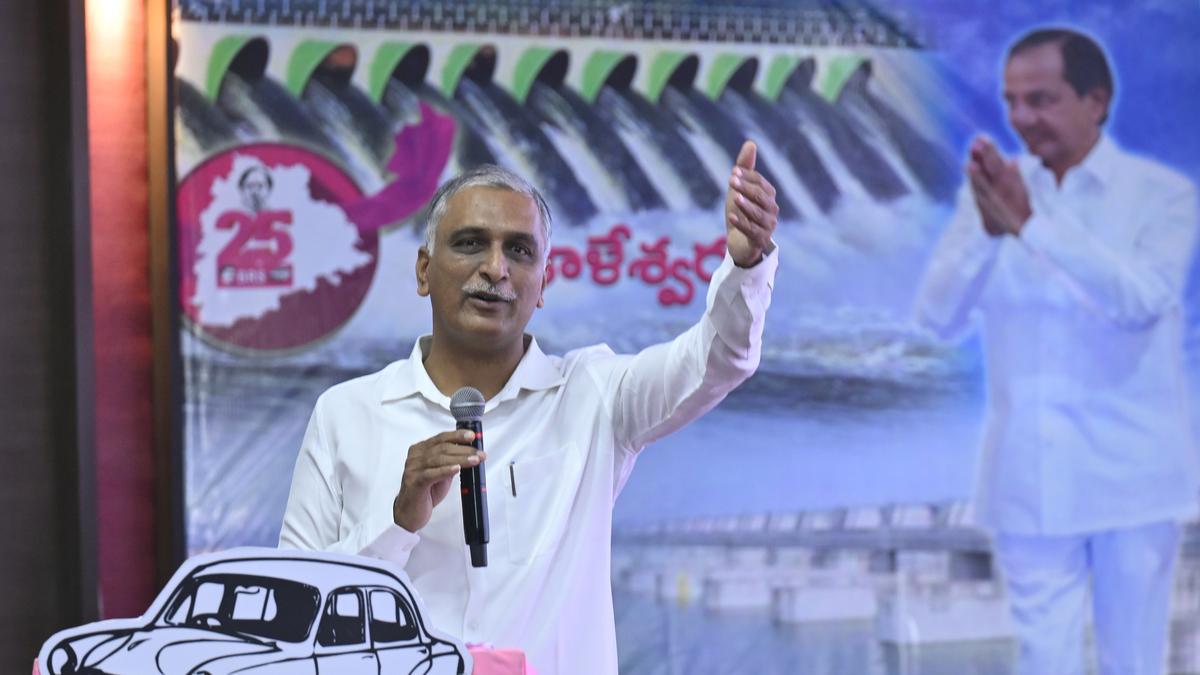Now Reading: Karnataka High Court Calls Trade Union Strike Illegal, Warns Leaders of Contempt Action
-
01
Karnataka High Court Calls Trade Union Strike Illegal, Warns Leaders of Contempt Action
Karnataka High Court Calls Trade Union Strike Illegal, Warns Leaders of Contempt Action

Swift Summary
- The Karnataka High Court cautioned trade unions about facing contempt proceedings if the ongoing transport strike continues, as it violated interim court directions from August 4.
- The strike was deemed prima facie illegal for contravening provisions of the essential Services Maintenance Act (ESMA), allowing police to arrest striking workers.
- A Division bench of Chief Justice Vibhu Bakhru and Justice C.M. Joshi criticized the unions for inconveniencing the public through their actions during a hearing related to a PIL petition.
- In Bengaluru city, compliance with court directives led to 98% bus operations resuming on August 5. Though,remote areas faced disruptions due to communication gaps in conveying orders.
- State Advocate General highlighted that public access was severely affected across Karnataka as only 30-40% buses were operating amidst continued strikes despite initial negotiations.
- Further petition hearings have been adjourned until August 7, alongside issuance of notices to all involved trade unions objecting under the Joint Action Committee (JAC).
Indian Opinion Analysis
The recent developments surrounding Karnataka’s transport strike highlight critical tensions between protecting essential services and safeguarding workers’ rights. While compliance was achieved in certain urban zones like Bengaluru following legal intervention, rural transit challenges emphasized system inefficiencies regarding disseminating timely instructions.
The invocation of ESMA and subsequent warnings by the judiciary underscore India’s imperative need for balancing lawful protest mechanisms against essential public utility maintenance. For citizens reliant on State-run transit systems, such disruptions reflect broader concerns about vulnerability during labor disputes. Moving forward, ensuring effective communication networks within governmental service providers-especially in rural areas-is likely necessary alongside fostering constructive dialog between stakeholders.
Read more: Link

























